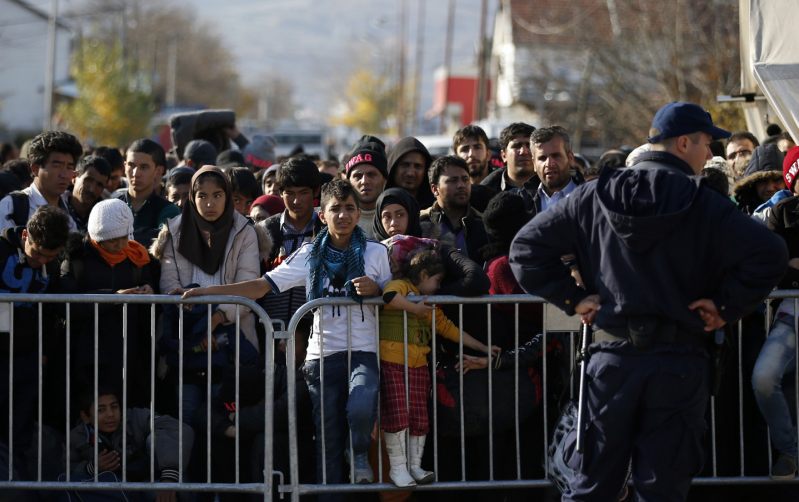
As many as 80,000 refugees and migrants who arrived in Sweden in 2015 could be returned to their home countries. Swedish authorities already asked the police and the country's migration agency to be prepared for the possible expulsions of refugees.
Speaking with Dagens Industri daily business newspaper on Thursday, Interior Minister Anders Ygeman revealed that they are looking to expel around 60,000 to 80,000 people. Last year, Sweden accepted over 160,000 asylum seekers. It is expected that around 55% will be accepted while the rest will be sent back to their home countries.
Included among the refugees seeking asylum included 51,000 Syrians, 41,500 Afghans, and 21,000 Iraqis. They suffered atrocities back home and believed Sweden can help them to start over. Sadly, not all will be granted asylum and need to face the grim reality that they need to go home.
According to the EU Commission, though, Sweden's decision and announcement cannot be considered wrong. A spokesperson for the agency said that all states are obligated to return people who cannot be granted asylum. Moreover, Sweden is already one of the EU countries that have welcomed a significant number of refugees for the last year. Home to 9.8 million people, the number of the refugees the country accepted was already big in proportion to its population.
Natasha Bertaud also shared that if EU countries would not scrutinize refugees well and reject those people without need for asylum, this may give a false impression that the EU has an "open door" policy for refugees.
Given the high number of refugees that will be expelled, Ygeman shared that expulsions will not be done using commercial flights as they were carried out before. Instead, a specially chartered aircraft will carry out the expulsions, which need to be staggered for several years.
In a related news, Swedish officials recently called for tighter security measures because asylum centers are now very crowded. Before the announcement, an employee at a facility was fatally stabbed by some young refugees. The death made it clear that conditions in these centers are less than stable, with too many refugee youths traumatized by war not being supervised by enough adults.
Denmark, Sweden's neighbor, recently approved legislation to seize the properties of refugees so as to cover for resettlement costs, as reported by Al Jazeera.The decision was not very popular in the international arena, with many international human right organizations staging protests. Apart from confiscating their valuables, the reunification period after which family members outside can join refugees in Denmark was lengthened to three years, from the original one-year stipulation. These measures were approved by an overwhelming majority, the chagrin of the international community. The Council of Europe asserted that these new measures could violate basic human rights.






